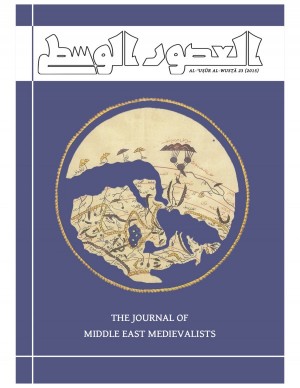Abstract
The Arabic term fatḥ (pl. futūḥ) is often translated as “conquest,” but this meaning is not intrinsic to the root f-t-ḥ either in Arabic or in other Semitic languages. Rather, the word was applied to episodes in the expansion of the early Islamic state by later Muslim writers who described these events following a particular use of the word fatḥ in the Qur’ān, where it referred to an act of God’s grace that was favorable for the community. This might include instances of actual conquest, but could also be applied to other ways in which an area came into the state, such as by treaty agreement. The rigid translation as “conquest” is therefore potentially misleading.

This work is licensed under a Creative Commons Attribution-NonCommercial-NoDerivatives 4.0 International License.
Copyright (c) 2016 Fred M. Donner

